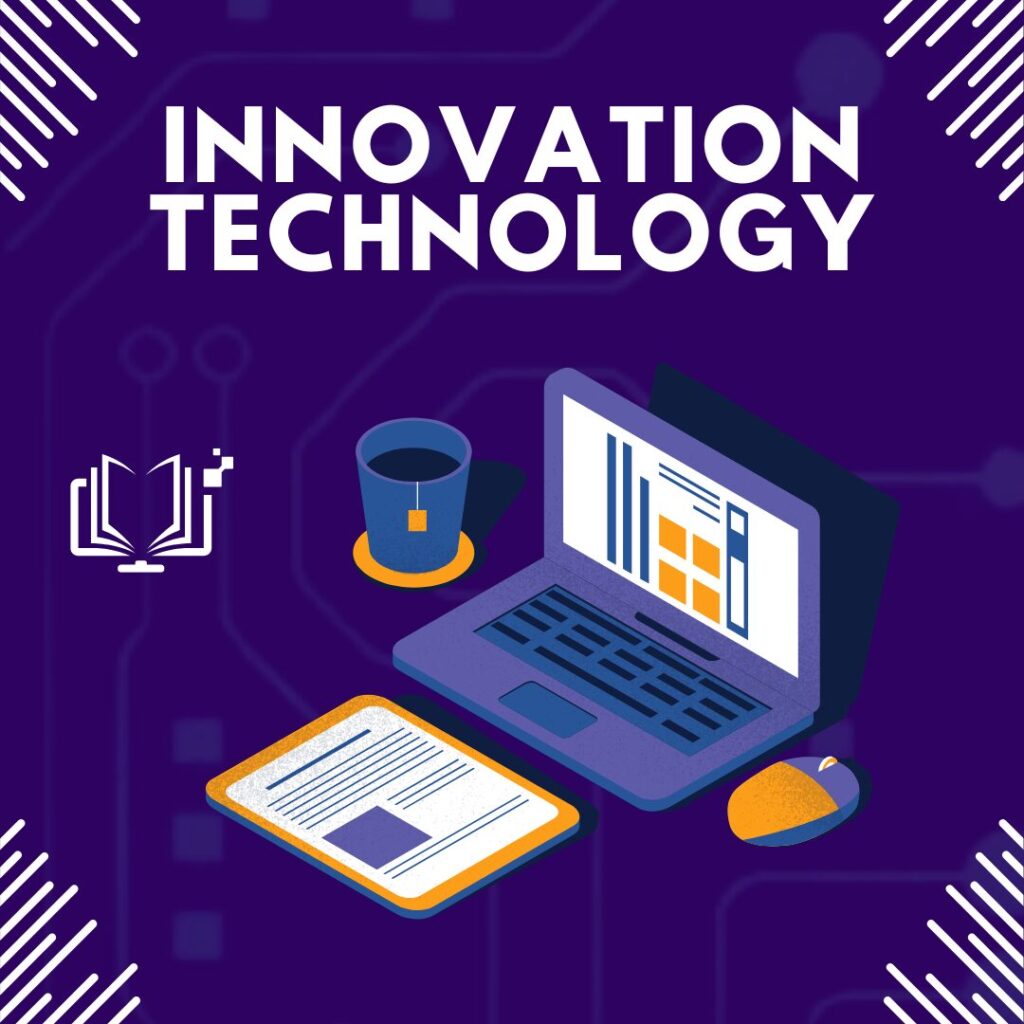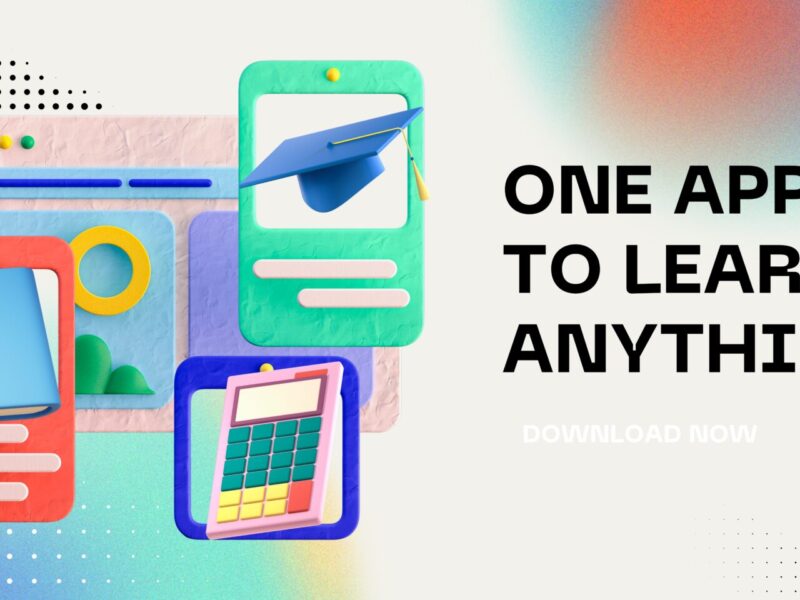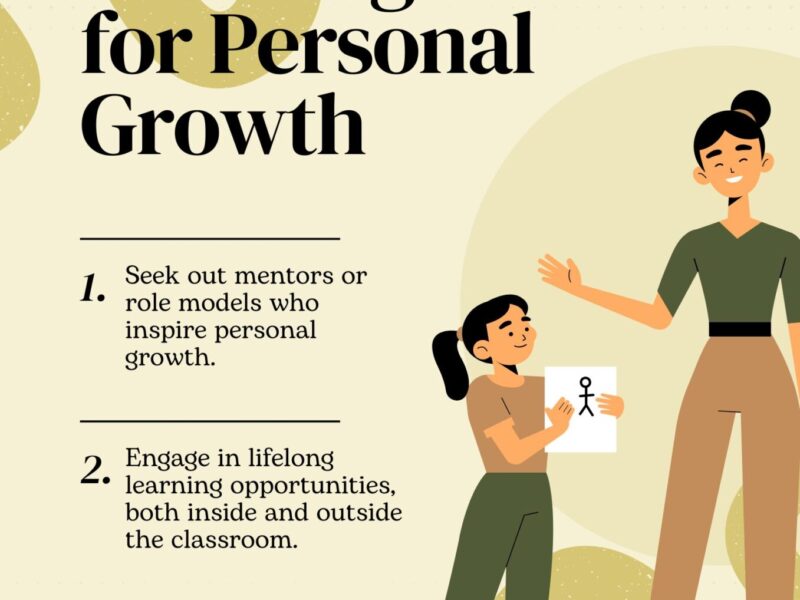This eloquent gem of an article discusses the online learning phenomenon that has transformed education systems throughout the world in the last decade.Impact of Online Learning on Traditional Education Systems. Most educational institutions have based their foundation on traditional teaching methods for years, so the blend of online learning has revolutionized education vastly from connoisseurs to lay people and transformed the entire educational landscape.
Impact of Online Learning on Traditional Education Systems. Herein discussed, factors are dependence, challenge, and changing paradigm of these two modes of learning- an online and fractional mode.Impact of Online Learning on Traditional Education Systems.
An Overview of Online Learning
Technologies, digital devices, and resources are used to impart educational content online. Online learning differs from conventional education in that it doesn’t restrict students and faculty members in terms of timing and place, allowing them to connect without the usual geographic restrictions.
From a peripheral place among regular courses as supplementary material, online learning has indeed grown into its own independent mode of education. COVID-19 accelerated its pace in the world, making almost all institutions turn to it as a must-have.
Online Education Benefits
Online education proved its worth by providing benefits even though it is not as efficient as traditional formal colleges.
Flexibility and Convenience
Online learning enables students to learn anywhere and anytime. Working professionals, parents, or people living far from educational institutions are likely to benefit from this form of flexible learning.
Personalized Learning Experience For data analytics and Artificial Intelligence (AI), education can be customized to fit learning styles and preferences. This is possible because many courses are accessible online, which means that students can learn informative courses at their own pace, revisiting materials they feel need review while skipping others they have already mastered.
Cost-Effectiveness
Due to this exposure, they will experience cultural exchange, which will broaden their perspectives.
Multimedia materials thus help carry lessons, meeting most types of learner preference.
Challenges posed by the Blending of Online and Traditional Learning
1. Digital divide Not every student is fortunate enough to be capable of using the internet regularly or to own the specialized devices.This calls for every effort possible to eliminate possible disparities in education. Equity in accessibility is significant for the experience of learning.
2. Online study has the disadvantage of being effective in an academic way but does not have an opportunity for personal interaction or collaborative learning.
3. Quality Assurance The quality of online courses varies dramatically. Ensuring that the content online meets educational standards is what will lend credence and eventually effect a change in education.
4. Technology Dependent Over-reliance makes technology susceptible to technical hiccup and cyber threats. Therefore, robust IT infrastructure and training on IT should be provided by all these institutions.
5. Training programs for teachera should also thus be needed for qualitative online teaching.
Hybrid Learning: Combination of Both Worlds
With accelerated growth in the online learning industry, many institutions now have adopted hybrid learning modes with traditional classrooms for students. It also has been developed for availing benefits from both systems.
Effects on Curriculum and Pedagogy
The adoption of online education has brought changes within traditional systems in curriculums and pedagogical practices.
Transition to Competency-Based Education Online learning emphasizes skill acquisition and mastery, thus prompting institutions to adopt competency-based models that value application rather than memorization.
Integrating Digital Literacy Digital literacy has become a part of modern-day education today.
These all give a different kind of picture of what a student can do.
Cultural and Social Implications
This has more extensive implications in culture and society, changing the perception and value of education, making it different.
Democratization of Education Digital media technological development has made education available for many denied community members, empowering those entirely excluded from the formal education system.
Changing Role of Educators This has made teachers from playing the only part of giving knowledge to being facilitators and mentors who teach students how to find knowledge through digital resources.
Parental Involvement
Online learning propels parents forward into the educational mix involved with their children’s education, as most parents will now have to help younger children learn to work the online platform.
Global Collaboration Cross-cultural collaboration of online learning makes mutual understanding and global citizenship to prepare students for an interconnected world.
Future Trends in Online Learning Online learning is going to revolutionize the way conventional systems operate.

Conclusion:
There is no doubt, that the overall impact of online learning on traditional educational systems is indeed huge. Even if it challenges the existing systems, it has again opened possibilities that have never been there before in terms of accessibility, flexibility, and engagement. Hybridizations, along with the technological advancements that hybrids would carry along with them, will definitely take the educational systems towards evolution for the changing world. Online learning would grow but not obliterate traditional education; instead, it will co-exist and complement each other for an even larger and more dynamic environment for learners worldwide.


